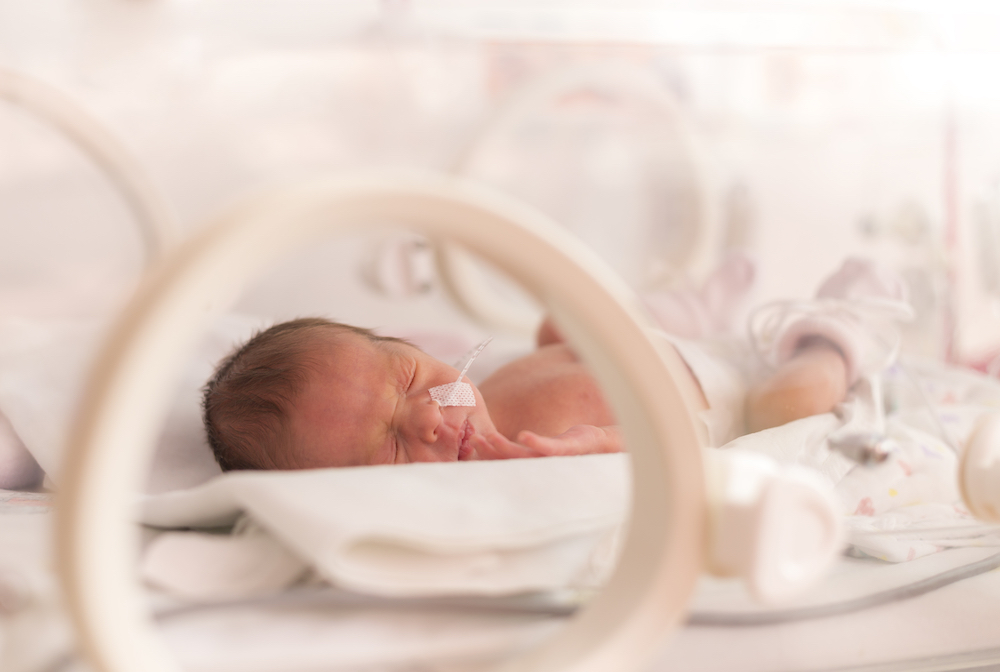The suicidal rate among children and adolescents has increased in the past few years. School pressures, social media, upsetting news in the media, discrimination, and bullying (including cyberbullying) are some of the contributing factors for depression and anxiety among youth. We know many families have concerns about their child’s emotional well-being and we always recommend paying close attention to the signs of mental health conditions so that you can take the appropriate actions.
While all kids will experience their bad or moody days at times, long periods of sadness and withdrawal could be a sign of mental health struggles. There is usually a range of symptoms that indicate depression or anxiety, such as changes in sleep and eating patterns, loss of interest in activities your child used to enjoy, academic struggles, or signs of substance or alcohol abuse. Often, your child will show more than one sign that they’re dealing with mental health challenges.
If you do notice any of these symptoms, it’s important to start a conversation with your child right away. You might feel hesitant to bring up the topic of suicide in fear that talking about it might lead to your child having suicidal thoughts. However, it actually lowers the risk and sends the message to your child that you are there for them, and that they have a loving and caring adult they can turn to.
When you talk to your child about their mental health, avoid any judgmental or accusatory tone. You want to come from a place of empathy so that your child trusts you and feels comfortable opening up to you about their thoughts and feelings. The majority of kids who are suicidal will say something before making any attempt. It could be something along the lines of “I don’t care about life anymore, “I’m better off dead,” “I hate living,” or “I’m just a burden.” They may express feelings of hopelessness or being trapped. All of these should be taken seriously and never brushed off as teenage moodiness.
Avoid telling your child to not feel a certain way or anything that might invalidate their feelings. Instead, show them understanding and compassion while helping them put things into perspective and offer ways to reframe their thoughts or beliefs. Let them know that you are there for them to help in any way and remind them that you love them even if you think they already know this. It’s reassuring to hear this in times of distress and can stop someone from trying to take away their life.
Even after engaging in conversations with your child, it is beneficial to seek treatment if they’re struggling with depression or anxiety. There are different types of therapy such as cognitive behavior therapy (CBT), as well as medications that can help. But it’s important to talk to a healthcare provider and mental health specialist before deciding on the appropriate treatment plan for your child. For more information on treatment options, check out this resource from Child Mind Institute.
If you ever believe that your child is at immediate risk for suicide, take action to get them help right away. Call or text 988 for the Lifeline which provides 24/7 free and confidential support to anyone considering suicide. If there are any weapons, lethal tools, or substances that are easily accessible, remove them out of your child’s reach.
Having a child who is suicidal or struggling with their mental health can feel frightening and worrisome. But remember, you and your child don’t have to go through this alone. We are here for you to provide the support, treatment, and resources your family needs. Call our office if you have any concerns.



